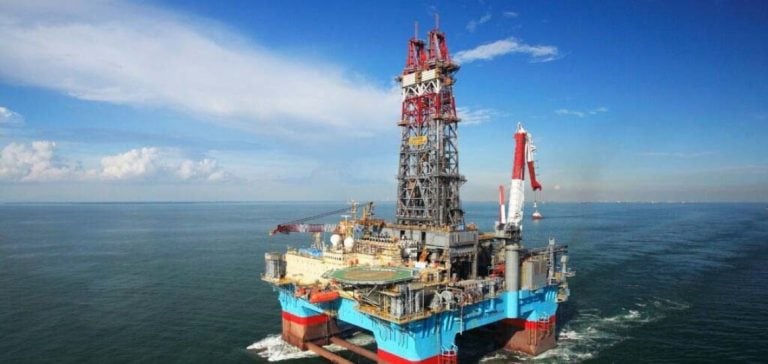TotalEnergies initiates the development of the Gran Morgu oil field, located offshore Suriname, with a production target of 220,000 barrels per day (b/d).
This project is part of the company’s strategy to strengthen its presence in the South American region and develop new hydrocarbon reserves. The choice of this area is strategic, given the untapped potential of Suriname’s Atlantic coast.
The Gran Morgu field will be equipped with a floating production, storage and offloading (FPSO) unit, a technology commonly used in offshore operations, enabling oil to be processed and stored directly at the extraction site.
This technological choice provides the operational flexibility that is essential for fields that are far from onshore infrastructures.
Possible synergies with Petrobras
As part of this project, TotalEnergies is exploring the possibility of collaborating with Petrobras, the Brazilian oil company.
This possible cooperation stems from recent discussions between the two companies, aimed at pooling their skills to maximize the project’s profitability.
Petrobras, which is seeking to return to the international stage after a period of refocusing on its domestic assets, could benefit from this opportunity to diversify its portfolio of reserves.
TotalEnergies, which is already well established in Brazil, notably in pre-salt oil production, has expressed its willingness to integrate Petrobras into its future initiatives.
This approach would make it possible to share risks while optimizing the resources and skills of each company within the framework of a project of international scope.
Diversified investments in the energy mix
TotalEnergies is pursuing a diversified energy investment strategy.
The company has announced its ambition to balance its activities between oil, gas and electricity, with a target breakdown of 40% oil, 40% gas and 20% electricity by 2030.
This approach is in line with the desire to maintain a high-performance portfolio of energy assets, while adapting to changes in the global energy market.
Brazil, where TotalEnergies is already present through several partnerships, is a key area for renewable energy projects.
Through its joint venture with Casa dos Ventos, a major player in onshore wind power, TotalEnergies has already invested around $764 million in projects totalling 12 GW of generating capacity.
This type of investment enables the company to diversify its portfolio while capitalizing on Brazil’s abundant natural resources.
Outlook for the African market
In addition to South America, TotalEnergies is also looking to Africa for future operations.
The company is actively exploring opportunities off the coasts of Angola, Namibia and South Africa.
These countries, with their under-exploited resources, offer interesting prospects for oil companies in search of new oil fields.
The development of these projects is accompanied by a drive to reduce costs and optimize exploration and production processes.
The installation of high-performance offshore infrastructures, similar to those planned for the Gran Morgu field, is part of TotalEnergies’ overall strategy to maximize the productivity of these new fields.
Carbon capture projects and necessary regulations
Against a backdrop of increasing regulatory pressure, energy companies are also having to adapt to expectations regarding the reduction of greenhouse gas emissions.
While TotalEnergies has targets for renewable energy production, the company is also focusing on decarbonization mechanisms.
In Brazil, the company is examining carbon capture projects through reforestation initiatives in the Amazon.
Although these projects are economically viable, with an estimated cost of around $15 per metric ton of CO2, the implementation of these initiatives requires a stable regulatory framework and certifiable carbon credits.
Investments in such projects offer an alternative way of offsetting emissions while meeting the requirements of regulators.
TotalEnergies, in collaboration with local authorities and other players in the sector, is therefore seeking to establish favorable conditions for these long-term investments.
However, these initiatives are seen as complements to the company’s core activities, not as direct substitutes for hydrocarbon production.





















